January is ALWAYS a
good time to reflect on your practices in your classroom. Maybe it was my
personal love of reading or the fact that I went back to school for my Masters
in Reading, but I always found this area was easy to reflect upon. There
are tons of great professional texts that are easy reading. Math, well
not so much- at least for me! I hated math as a child and dreaded it in
college.
good time to reflect on your practices in your classroom. Maybe it was my
personal love of reading or the fact that I went back to school for my Masters
in Reading, but I always found this area was easy to reflect upon. There
are tons of great professional texts that are easy reading. Math, well
not so much- at least for me! I hated math as a child and dreaded it in
college.
Even though it was
harder for me, I still did find joy in teaching math. I liked seeing the
light bulb moments and it is easier to “see” student thinking.
harder for me, I still did find joy in teaching math. I liked seeing the
light bulb moments and it is easier to “see” student thinking.
So how can you reflect
upon your math instruction and make it even better for 2016? Here are a
few ideas to get you started!
upon your math instruction and make it even better for 2016? Here are a
few ideas to get you started!
Kids need to
talk. Not just to get the wiggles out, but also to organize their
thinking. It is as
important in math as it is when discussing a story.
talk. Not just to get the wiggles out, but also to organize their
thinking. It is as
important in math as it is when discussing a story.
This research article is more about teaching an effective lesson.
However, you can’t ignore all the times
class discussion is mentioned.
However, you can’t ignore all the times
class discussion is mentioned.
However, it is
important to give students a frame work to help them realize what on task and
relevant discussion looks like and sounds like.
important to give students a frame work to help them realize what on task and
relevant discussion looks like and sounds like.
Consider creating an
anchor chart like this one with your students during a whole group lesson.
Please note, NONE of these are my original anchor charts. Click on the
pictures to see the original image and blog post (and author)!
anchor chart like this one with your students during a whole group lesson.
Please note, NONE of these are my original anchor charts. Click on the
pictures to see the original image and blog post (and author)!
You can practice these
same ideas during guided math groups. This gives students scaffolding and
support so it will be easier to transfer to independent work time.
same ideas during guided math groups. This gives students scaffolding and
support so it will be easier to transfer to independent work time.
One of my most
FAVORITE ways to get kids talking is math games! This automatically gives them
something relevant and engaging to talk about. I have written and shared
several FREE ideas for math games. You can read about those here and here.
FAVORITE ways to get kids talking is math games! This automatically gives them
something relevant and engaging to talk about. I have written and shared
several FREE ideas for math games. You can read about those here and here.
I love this article on
WHY your should play math games.
WHY your should play math games.
“Games are an important
tool for learning in elementary school mathematics classrooms:
• Playing games encourages strategic mathematical
thinking as students find different strategies for solving problems and deepen
their understanding of numbers.
• When played repeatedly, games support students’
development of computational fluency.
• Games present opportunities for practice, often
without the need for teachers to provide the problems. Teachers can then
observe or assess students and work with individuals or small groups of
students.
• Games have the potential to allow students to develop
familiarity with the number system and with “benchmark numbers” (such as 10s,
100s, and 1000s) and engage in computation practice, building a deeper
understanding of operations.
• Games support a school-to-home connection. Parents
can learn about their children’s mathematical thinking by playing games with
them at home.”
Kitty Rutherford, April 27, 2015
Looking for some new math games? I just started this
Pinterest board! Most of them are FREE!
Pinterest board! Most of them are FREE!
Before having your kids play math games, you may want to read this post. It has lots of tips to make game playing much smoother!
Real world application can be VERY hard in the classroom.
But it is so important- isn’t it the reason we need math anyway! To
apply it in our lives!?!?
But it is so important- isn’t it the reason we need math anyway! To
apply it in our lives!?!?
I think one of my most favorite lessons a friend of mine did
MANY moons ago (love ya, Julie!).
She told the students (4th grade) the gym floor was going to be
refinished and we needed to find the area of the floor to figure out flooring.
The gym was a separate building, so kids used yardsticks to measure the
perimeter to find the area. SO MANY standards covered.
MANY moons ago (love ya, Julie!).
She told the students (4th grade) the gym floor was going to be
refinished and we needed to find the area of the floor to figure out flooring.
The gym was a separate building, so kids used yardsticks to measure the
perimeter to find the area. SO MANY standards covered.
Marilyn Burns is a math guru. She has a blog and one of
the post categories is real world math. You can see all these posts here.
the post categories is real world math. You can see all these posts here.
Another great place to find ideas for Real World Problems is Miss Math Dork’s blog series, Math IS Real Life. You can check it out here on her blog or see her Pinterest board here.
Problem solving is SO important. And it is SO hard.
I remember when I was a child, I DREADED word problems. Nothing put
me closer to tears in school. The reality is, that kids need to
understand how word problems work. I guess you could say it is an
abstract application of real world word problems, right?
I remember when I was a child, I DREADED word problems. Nothing put
me closer to tears in school. The reality is, that kids need to
understand how word problems work. I guess you could say it is an
abstract application of real world word problems, right?
In second grade students need to master problem solving
situations. I found this graphic with the situations here.
situations. I found this graphic with the situations here.
It can be hard to find resources with all the problem solving
situations. I wrote this resource to include all the situations as
journal prompts. I also tried to differentiate them with to include
problems with and without regrouping. I also included some activities for one
and two step word problems.
situations. I wrote this resource to include all the situations as
journal prompts. I also tried to differentiate them with to include
problems with and without regrouping. I also included some activities for one
and two step word problems.
Another way to take problem solving to the next level AND ensure
students really “get it,” is to have STUDENTS create the problem.
This activity basically differentiates itself. Higher students can
create multi-step problems and lower students can create simpler problems with
one basic operation.
students really “get it,” is to have STUDENTS create the problem.
This activity basically differentiates itself. Higher students can
create multi-step problems and lower students can create simpler problems with
one basic operation.
In these problems, the teacher provides the answer. STUDENTS
create the problem and ensure that it equals the answer. LOTS of higher level
thinking skills.
create the problem and ensure that it equals the answer. LOTS of higher level
thinking skills.
{source}
I love this poster from Elementary AMC.
I wasn’t able to find many resources for this concept. Maybe
I was searching under the wrong terms? I created this freebie. If it
is something you like, I would be happy to create a longer product with several
more examples and pages!
I was searching under the wrong terms? I created this freebie. If it
is something you like, I would be happy to create a longer product with several
more examples and pages!
Another really hard
skill for kids is error analysis. This is a fantastic way to see how
kids attend to detail and understand the process of the problem.
skill for kids is error analysis. This is a fantastic way to see how
kids attend to detail and understand the process of the problem.
I love this post by
Teaching to Inspire with Jennifer Findley. It discusses more
complex problem solving, since Jennifer teaches upper grades. However,
conceptually it is the same.
Teaching to Inspire with Jennifer Findley. It discusses more
complex problem solving, since Jennifer teaches upper grades. However,
conceptually it is the same.
In my January
Math Centers, I created an two-digit error analysis center for
subtraction. I differentiated it by difficulty of the problem. You
can snag it as a FREEBIE below! Enjoy!
Math Centers, I created an two-digit error analysis center for
subtraction. I differentiated it by difficulty of the problem. You
can snag it as a FREEBIE below! Enjoy!
How do YOU supercharge your math instruction? Have any
advice?
advice?
Click here for this great pack of FREE math centers, plus get tips and updates from me!
PIN FOR LATER:
If you would like more ideas from
me, be sure to follow me on Teachers Pay Teachers, Pinterest, and Facebook to catch all the freebies and
ideas and more!
me, be sure to follow me on Teachers Pay Teachers, Pinterest, and Facebook to catch all the freebies and
ideas and more!
Mandy Gregory is a 2007 and 2012 Teacher of the Year. She has taught Kindergarten- 4th grades in both the general education and inclusion settings. She is currently a 1st grade Special Education teacher. She is the owner and creator of Mandy’s Tips for Teachers website (www.mandystipsforteachers.com) and has over 13 years of teaching experience. She is married with two beautiful children.







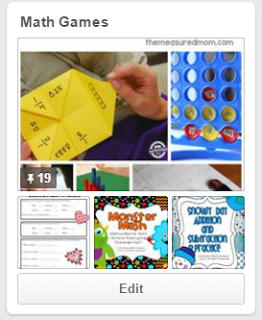
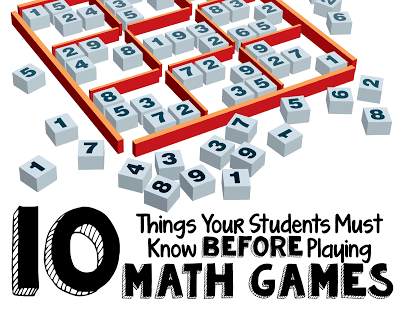

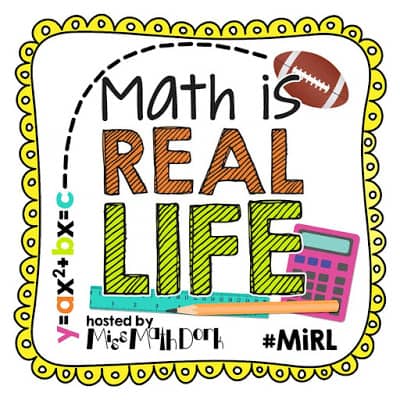

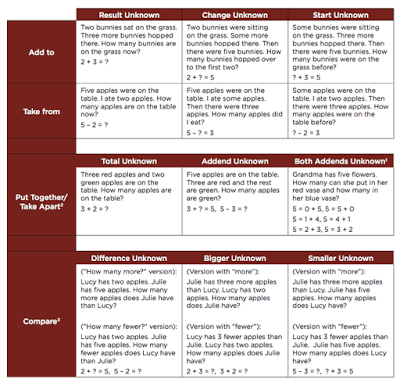
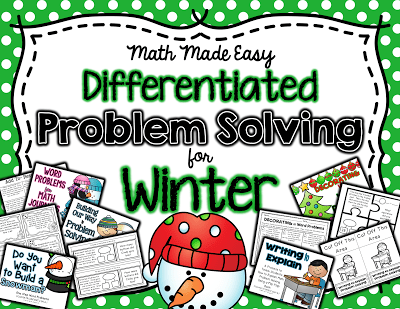
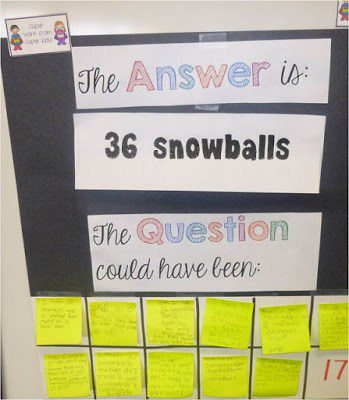
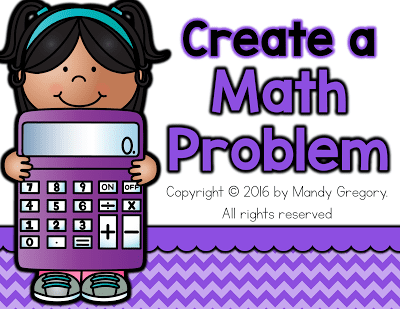

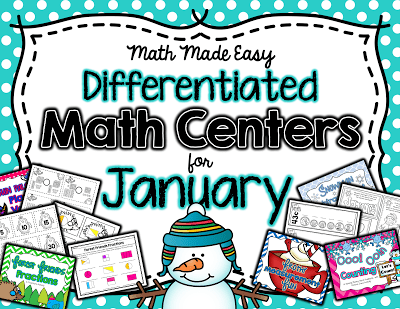

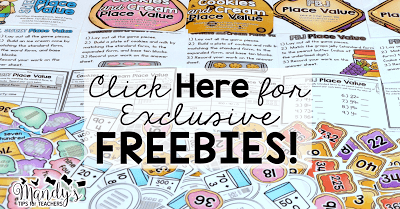

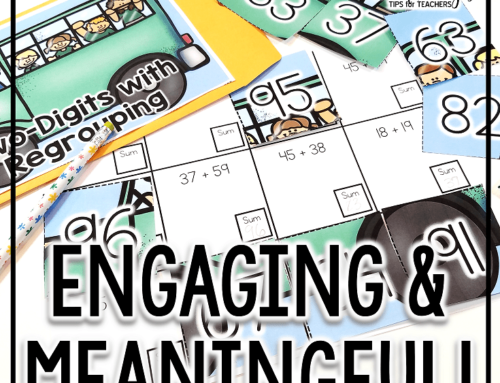
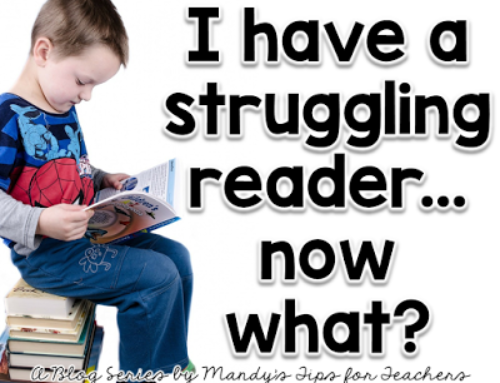
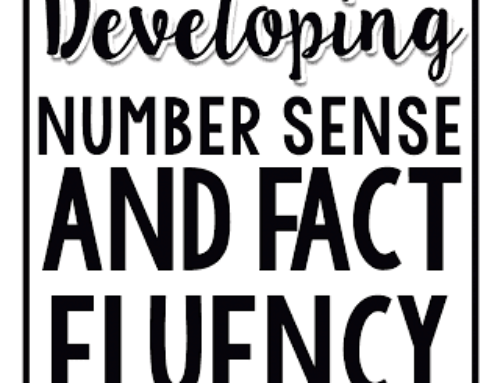

I like your ideas about creating anchor charts for what Learning Talk should sound like! We do a lot of talking to learn in my classroom and I often observe throughout the year that my students might lose the rigor or gusto they might have once had for it.
-Stephanie
Applelight Moments By Stephanie